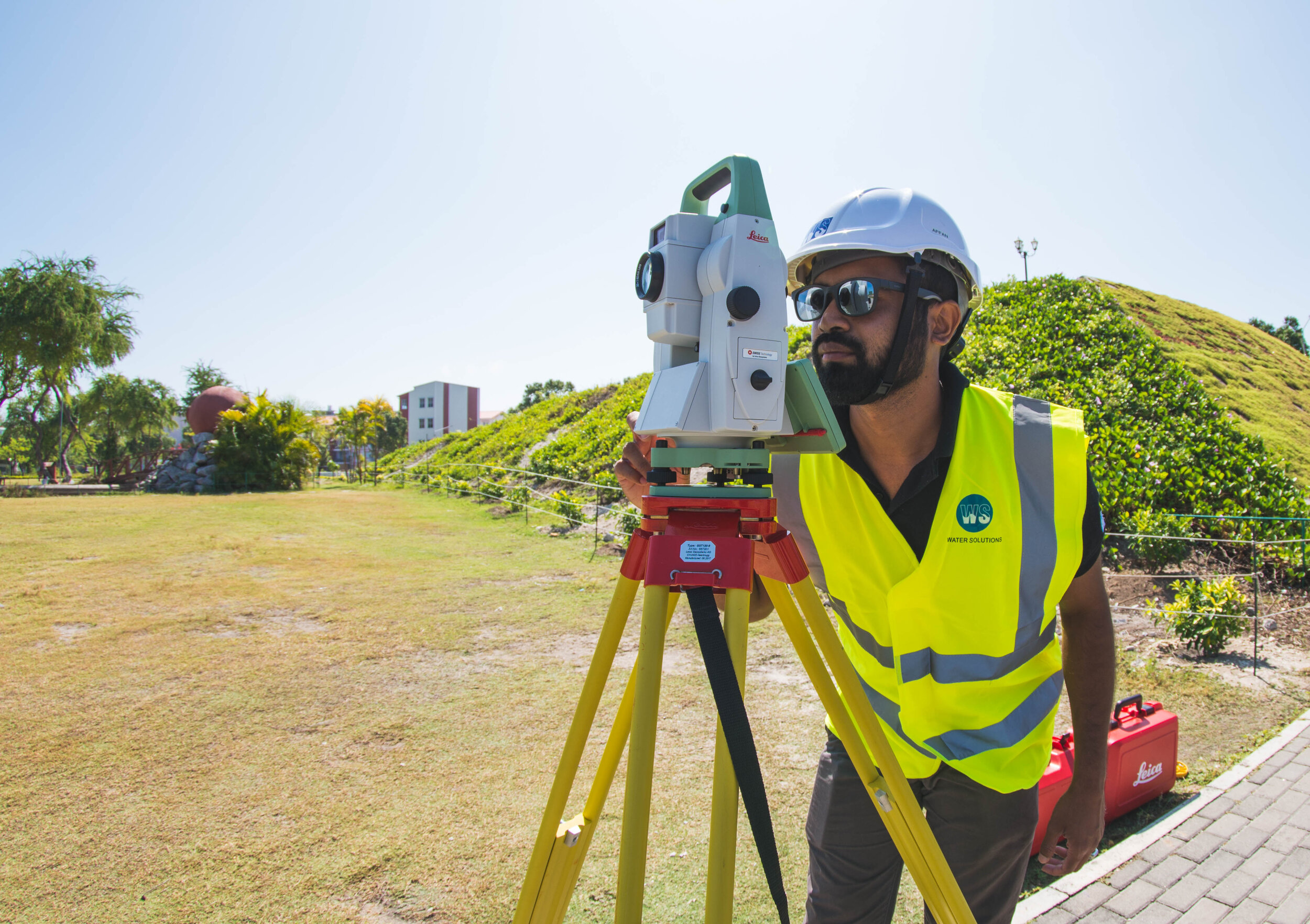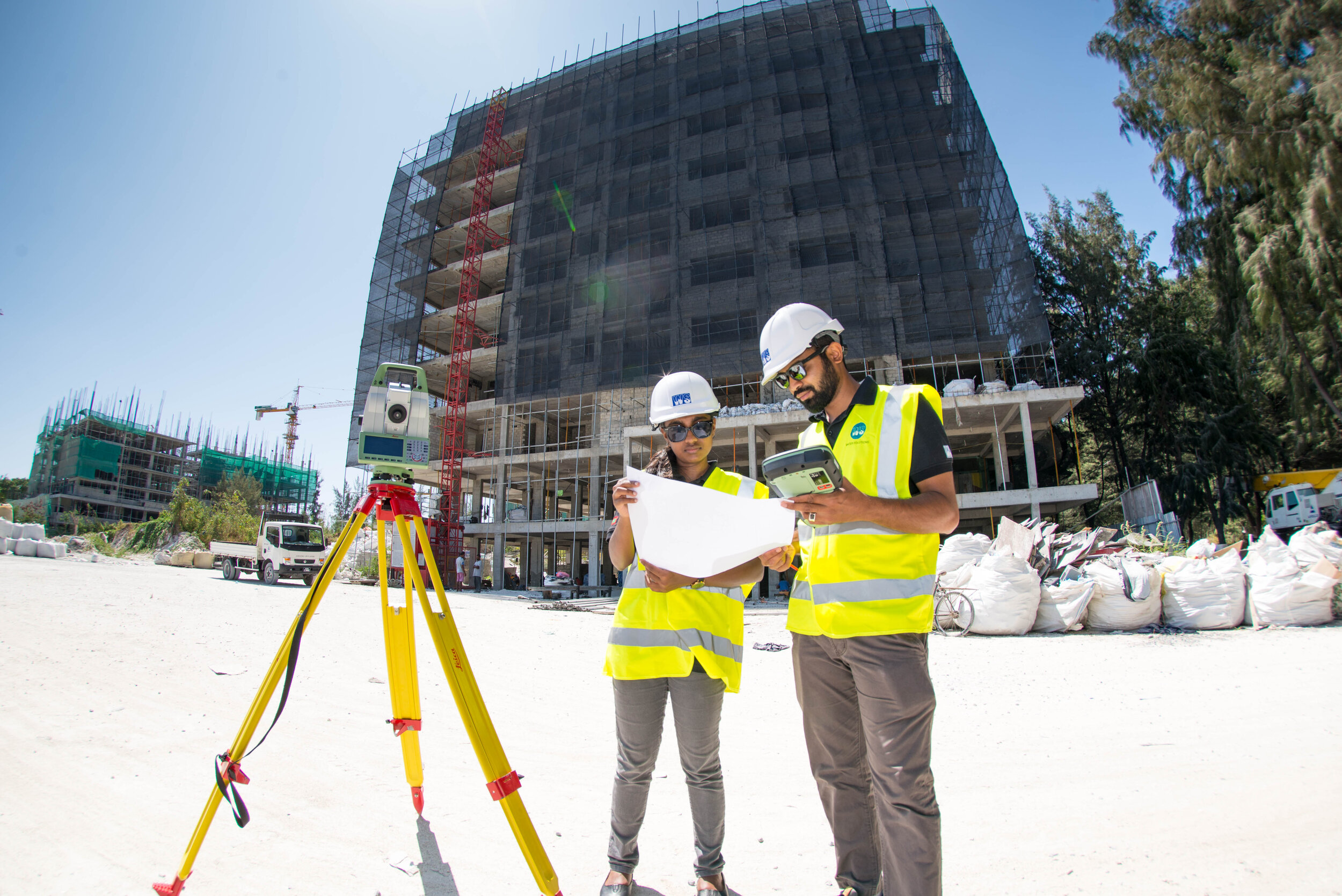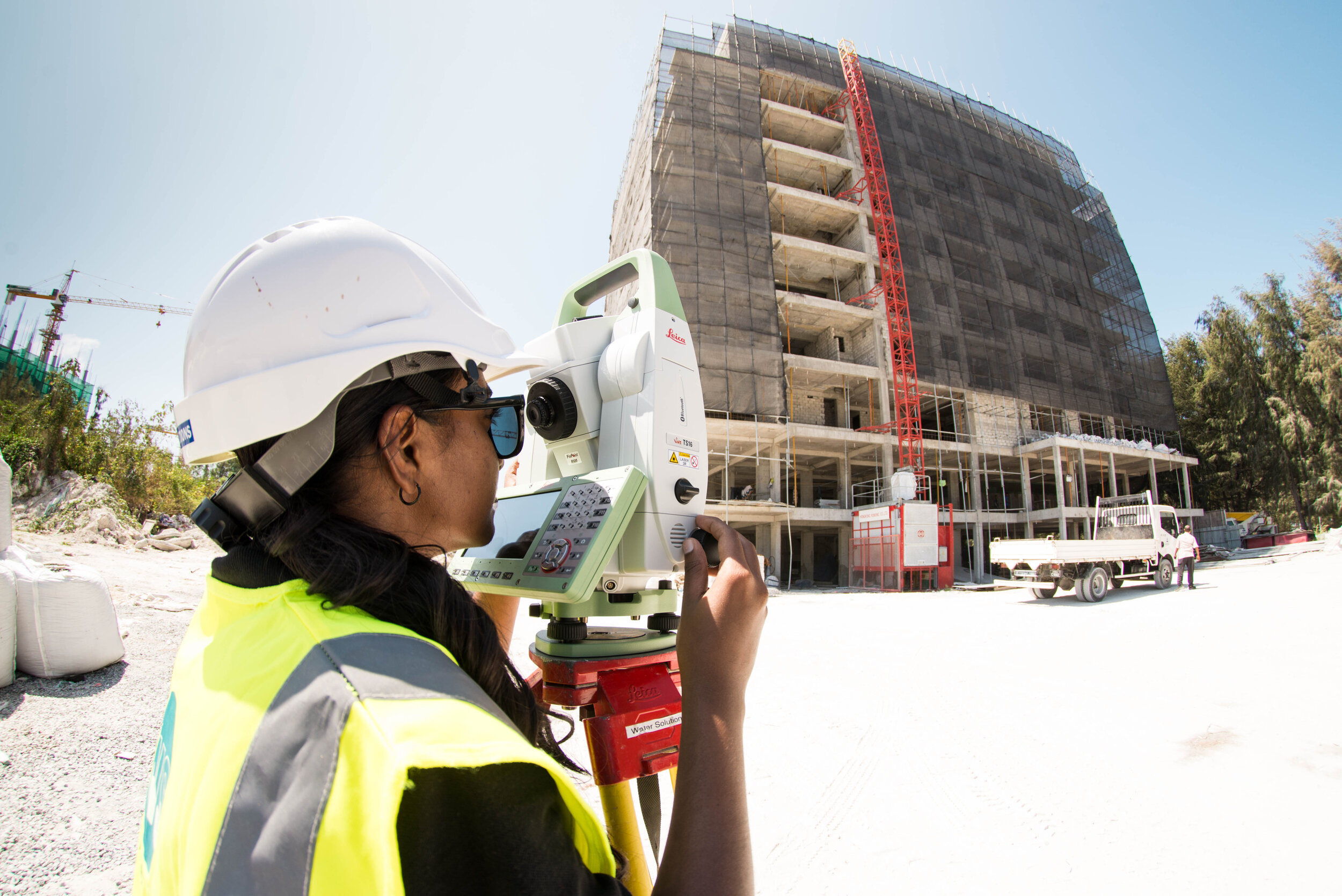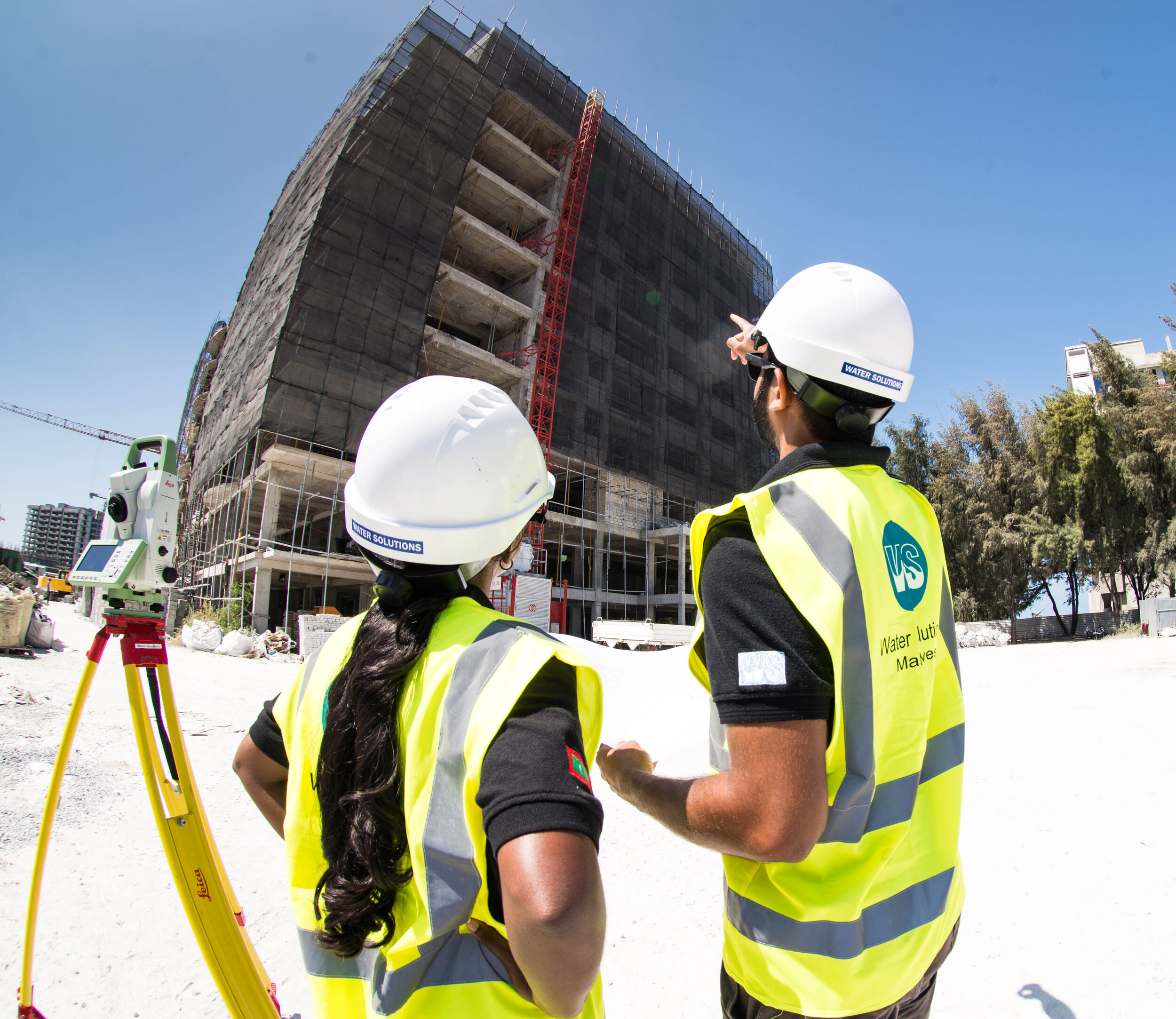
Site Investigation
A site investigation simply is the process of the collection of information, the appraisal of data, assessment, and reporting without which the hazards in the ground beneath the site cannot be known. Site investigation is carried out in order to enable a geo-environmental assessment of the ground conditions and analysis of the engineering and environmental considerations related to the proposed development.
The design of a structure which is economical and safe to construct, is durable and has low maintenance costs, depends upon an adequate understanding of the nature of the ground. This understanding comes from an appreciation of the distribution of the materials in the ground, and their properties and behavior under various influences and constraints during the construction and lifetime of the structure. An adequate and properly structured site investigation is therefore an essential part of any civil engineering or building project.
Objectives of a site INVESTIGATION
The primary objective of a site investigation is to determine as accurately as may be required
The nature and sequence of strata;
The ground water conditions at the site;
The physical properties of soil and rock underlying the site;
The mechanical properties, such as strength and comprehensibility of different soil or rock strata, and
Other specific information, when needed, such as the chemical composition of the groundwater, and the characteristics of foundations of the adjacent structure.
Site investigation should be organised to obtain all possible information towards a thorough understanding of the subsurface condition and probable foundation behaviour.



